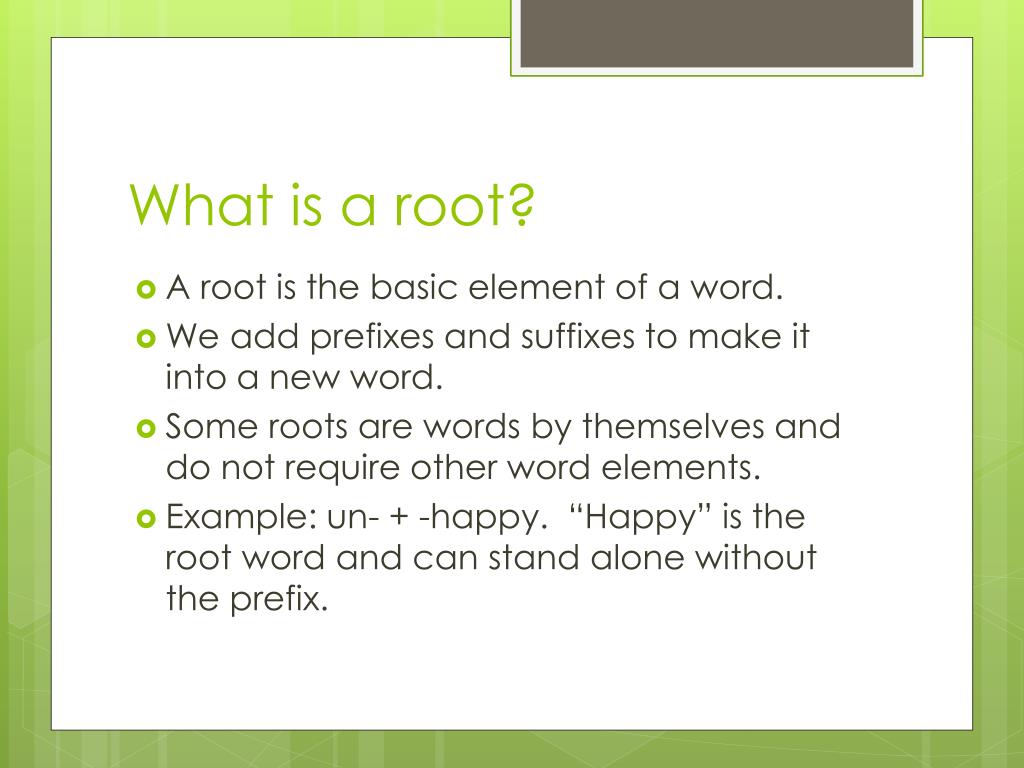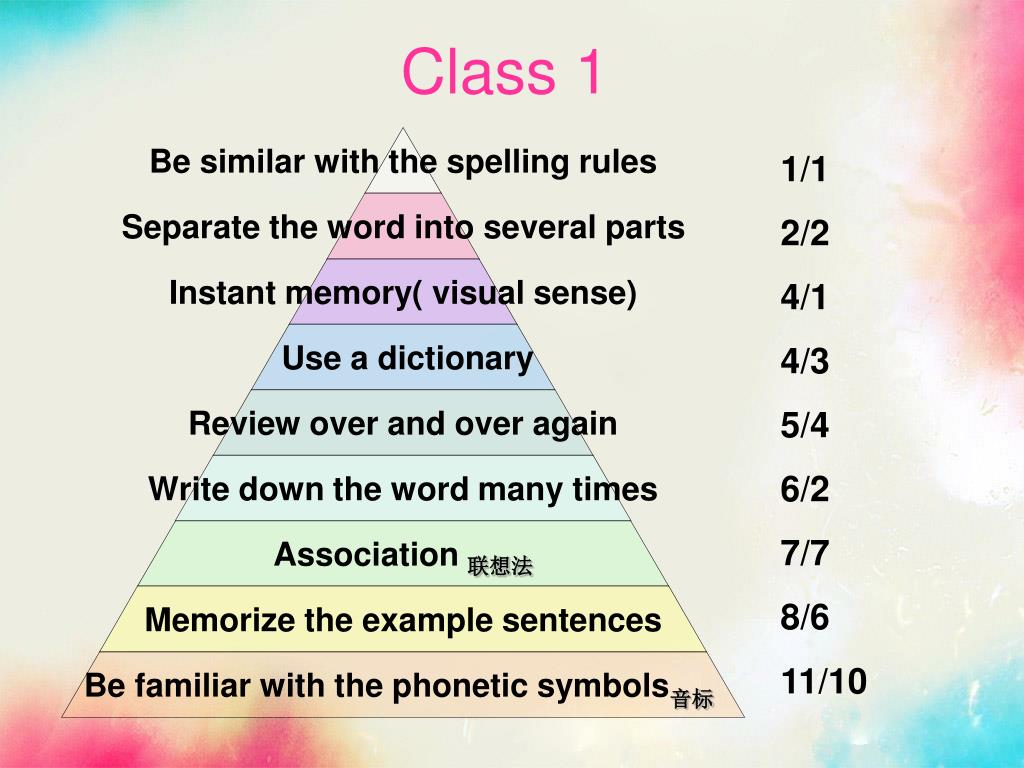




Can help if you have any Ancient Greek specific questions. You'd see some other types, some using the word νόμος (nomos = law) in there as well, but I can't think of any off the top of my head that stuck around into the modern era (that's not saying there aren't any though, I'm sure someone will soon post a giant list that makes me go "duh." Monarchy = μόνος (one) archos (is leader)Īs for why they're like this and not the other way around, most of them are attested in Ancient Greek itself: μοναρχία, δημοκρατίᾱ, etc. So democracy was a word meaning the common people rule/have power. δῆμος (demos) means - in this sense - "the people" and usually referred to the common people. Let's look at democracy, the cracy bit here comes from the Ancient Greek word κράτος which is strength, power, might, etc. Putting an alpha, or an alpha nu before a word in ancient Greek reverses it or nullifies it, so you get the word ἄναρχος (anarchos) "without a leader" (anarchy) so these words are focused more on who is leading. For example, "rule by children" might on the model of gerontocracy be styled paidocracy, or on the strength of matriarchy and patriarchy be named paidarchy.Īlso, Quinion's definitions find very little difference between autarchy ("a system of government by one person with absolute power") and autocracy ("rule by one person with absolute power").Ἀρχός is an Ancient Greek word for leader or ruler. The range of types of rule or government comprehended by English words with each ending is extremely broad, and I don't see any pattern in the choice of one or the other that offers a reliable basis for predicting which ending a new form is more likely to adopt. For example, a monarch (Greek monos, alone or single) is a sovereign head of state, in a type of government called monarchy.Īmong the words Quinion lists in a table headed " -cracy Government, rule, or influence," are these:Īristocracy, autocracy, bureaucracy, democracy, gerontocracy, meritocracy, mobocracy, plutocracy, theocracyĪmong the words that Quinion lists in a table headed " -archy Government or rule" are these:Īnarchy, autarchy, hierarchy, matriarchy, monarchy, oligarchy, patriarchy, synarchyīecause many English speakers when presented with the suffix -archy may think first of monarchy and when presented with the suffix -cracy may think first of democracy, they may suppose that a stronger distinction exists between the tendencies of the two suffixes than actually exists. They correspond to nouns in -arch for a person or people who rule or command in that way. Words in -archy are abstract nouns for types of government, leadership, or social influence or organization. Government rule of a particular type a chief or ruler. Many forms ending in -cracy have been coined, though only a small number are at all well known most can mean either a system of influence or rule or a society o ruled, as with democracy, rule through elected representatives a few can also refer to the rulers as a group, as with aristocracy (Greek aristos, best), rule by members of the highest social class. cracy Also -crat, -cratic, and -cratical. Michael Quinion, Ologies and Isms: Word Beginnings and Endings (Oxford, 2002) has this to say about the suffixes: Today both -archy and -cracy are centrally associated with the idea of ruling. According to Liddell & Scott, An Intermediate Greek–English Lexicon (1889), the root word κρατος ( kratos) in ancient Greek meant " strength, might"-and more generally, " power" or " rule, sway, sovereignty." The same lexicon reports that αρχη ( arche) meant "a beginning, origin, first cause," but also " the first place or power, sovereignty, dominion, command." The Greek roots thus have considerable overlap, but the connotations of αρχη may have included a stronger sense of hereditary or historical primacy than those of κρατος.


 0 kommentar(er)
0 kommentar(er)
